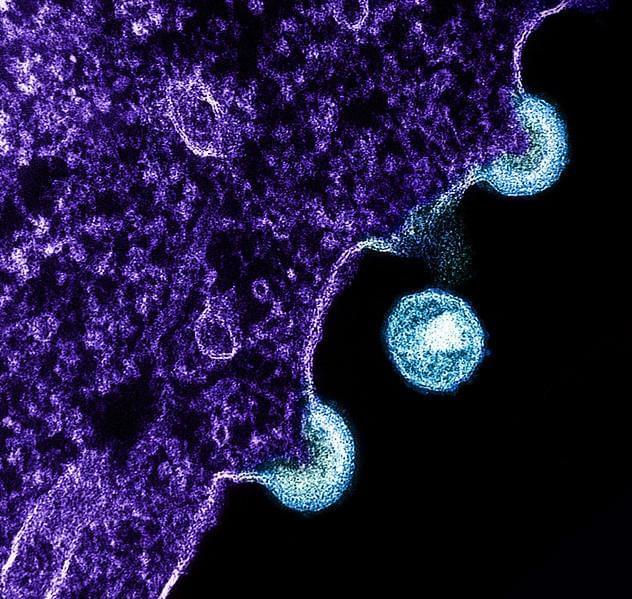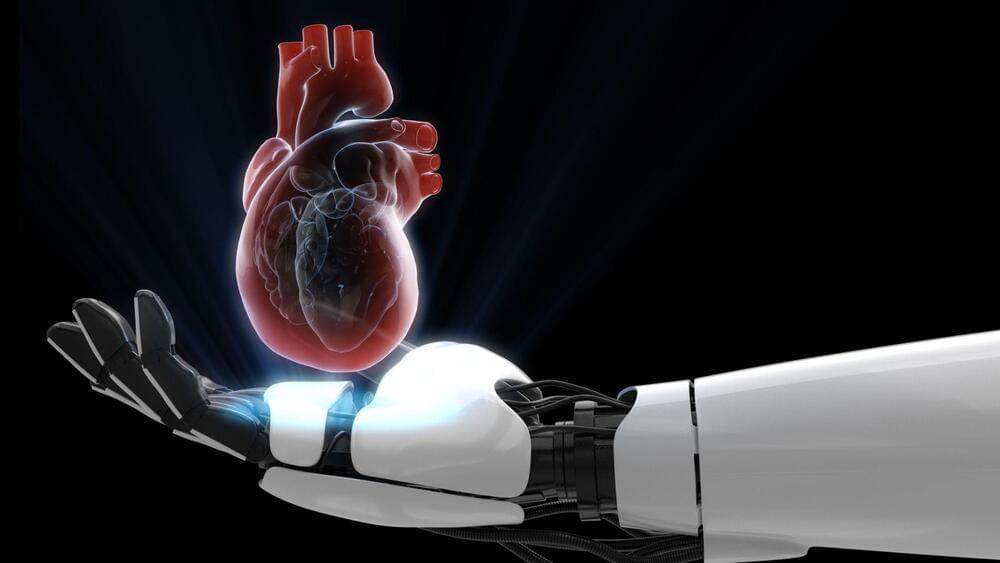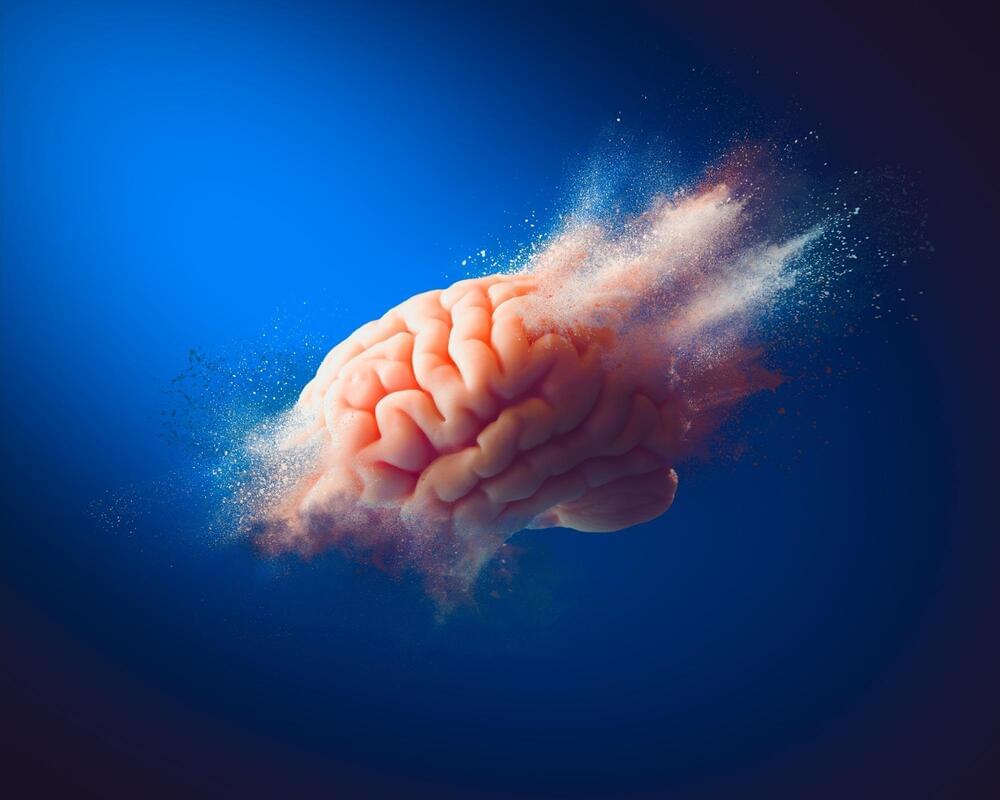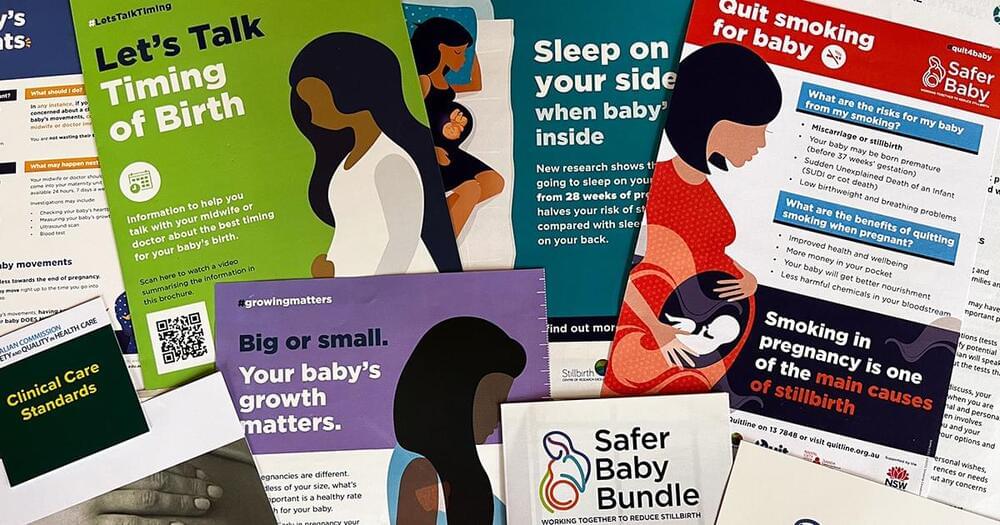Three different HIV antibodies each independently protected monkeys from acquiring simian-HIV (SHIV) in a placebo-controlled proof-of-concept study intended to inform development of a preventive HIV vaccine for people. The antibodies—a human broadly neutralizing antibody and two antibodies isolated from previously vaccinated monkeys—target the fusion peptide, a site on an HIV surface protein that helps the virus fuse with and enter cells. The study, published in Science Translational Medicine, was led by the Vaccine Research Center (VRC) at the National Institute of Allergy and Infectious Diseases (NIAID), part of the National Institutes of Health.
Antibodies that target the fusion peptide can neutralize diverse strains of HIV in vitro, that is, in a test tube or culture dish outside of a living organism. The NIAID VRC isolated a fusion peptide-directed human antibody, called VRC34.01, from a person living with HIV who donated blood samples for research. They also isolated two antibodies from rhesus macaques—a species of monkey with immune systems like humans’—who previously had received a vaccine regimen designed to generate fusion peptide-directed antibodies. Demonstrating that these antibodies protect animals would validate the fusion peptide as a target for human vaccine design. SHIV challenge—administering an infective dose of SHIV—to rhesus macaques is a widely used animal model for assessing the performance of HIV antibodies and vaccines.
In this study, rhesus macaques in each of four groups received a single intravenous infusion of one type of antibody—a 2.5 or 10 mg/kg of bodyweight dose of VRC34.01, or one of the two vaccine-elicited rhesus macaque antibodies—and other monkeys received a placebo infusion. To determine the protective effect of the antibodies, each monkey was challenged five days after infusion with a strain of SHIV known to be sensitive to fusion peptide-directed antibodies.







